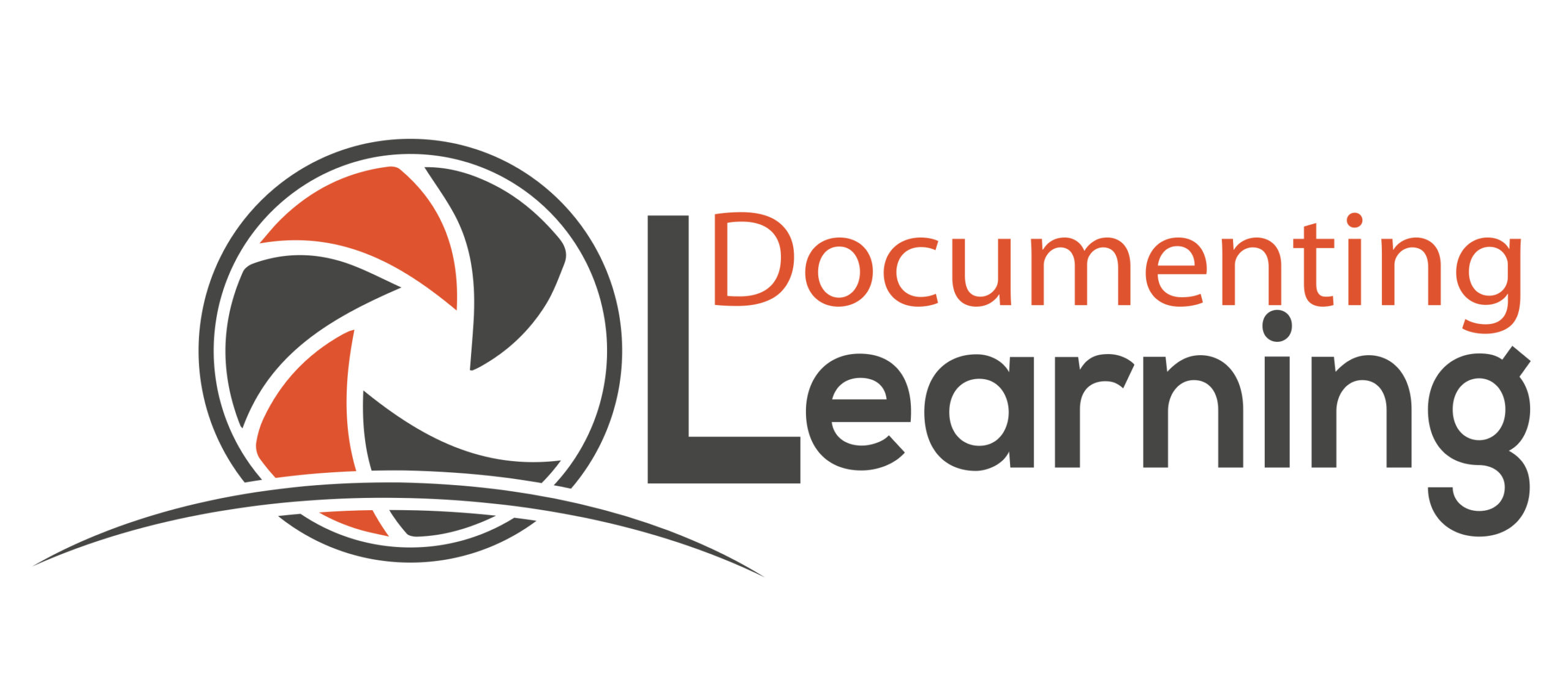Chapter 3: Documenting Pedagogy and Heutagogy
1. Meneghini (2013) poses interesting thoughts regarding the TPACK model and SAMR Taxonomy. Read her post and share your thoughts with a colleague or two regarding her reflections. If you would like to share with amplification in mind, remember to use the #documenting4learning hashtag on Twitter, Facebook or Instagram; or by mentioning @documenting4learning on Facebook and Instagram, and @doc4learning on Twitter.
2. As Fisher (2010) points out in this visual quote card, learning is not about the tool, but the task that matters. Think about this in the context of pedagogical and heutagogical documentation.
What comes to mind when thinking about applying this adage to your classroom or professional learning environment in light of this chapter’s key points?
3. Reread Katie Martin’s quote at the opening of this chapter:
If we want to change how students learn, we have to change how teachers learn.
Not only are educators contemplating how learning and teaching is changing for their students, they are thinking about how it is changing for themselves as learners as well. What is something you are currently learning from a heutagogical perspective? It may, or may not, be for a professional purpose. For example, you may be learning a new craft or how to grow vegetables using hydroponics. Take the time to document your next learning component or step to make it visible, meaningful to you, and sharable with others. Here are two ideas for capturing your thinking:
- Recording a 30-second video clip reflecting on and visually/audibly describing what you are struggling with, or why you are finding success.
- Creating a sketchnote that expresses how what you are learning right now connects with what you already know, as well as how it fits with what you will be learning next.
Regardless of how you choose to capture and creating your learning-thinking artifact, as you do so or after you are done, reflect on what you determined was the most important to capture and why. Share what you create with someone else and discuss how the process of documenting and reflecting affected this latest moment in your learning journey. If you want to share with a greater degree of amplification, use the #documenting4learning hashtag on Twitter, Facebook or Instagram; or by mentioning @documenting4learning on Facebook and Instagram, and @doc4learning on Twitter.

